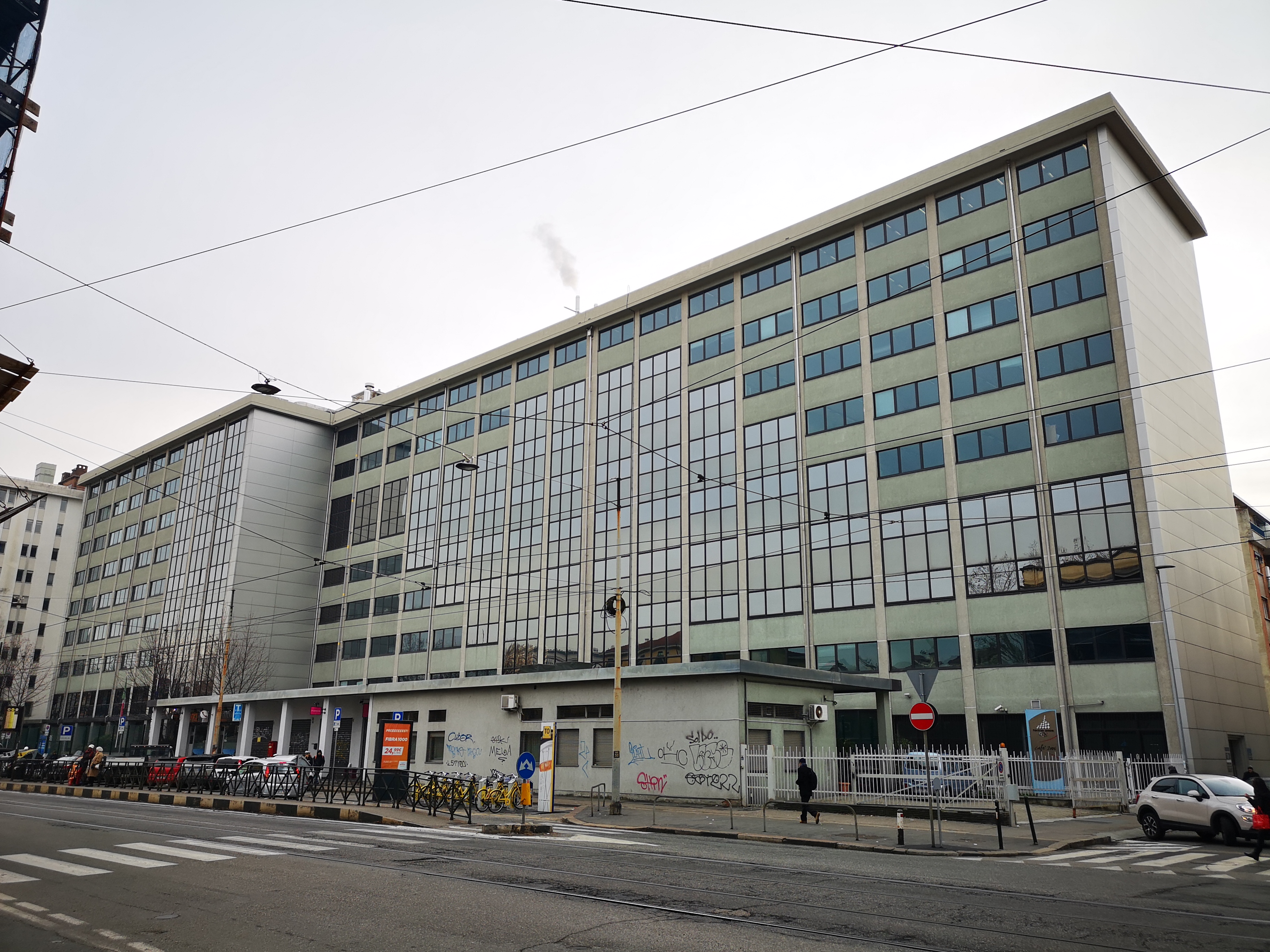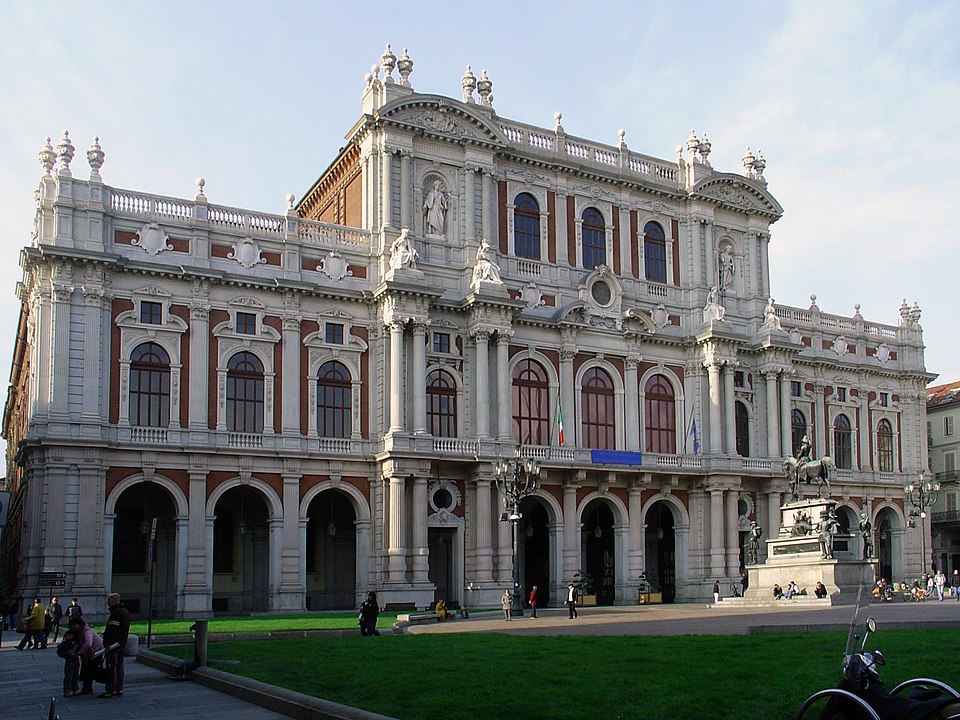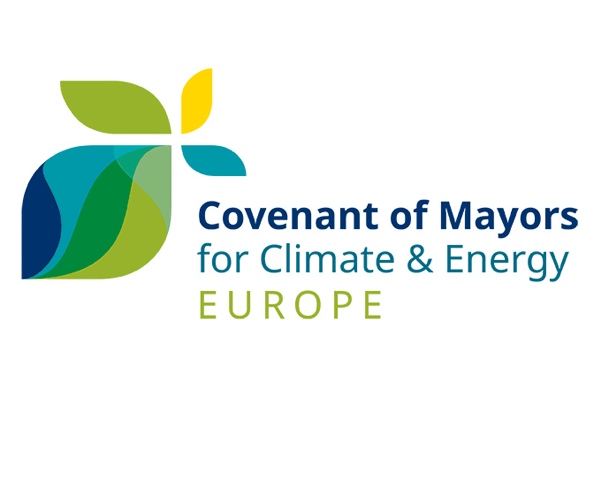City
Metropolitan City of Turin
Main actors
City Government, Research Institutes / Universities
Project area
Whole City/Administrative Region
Duration
Ongoing since 2014
Energy efficiency interventions for public buildings and lighting systems.
The City of Turin owns 800 buildings that are used for different purposes and represent 8% of total city buildings. The majority of these public buildings were built before 1976, when the Italian legislation on energy efficiency entered into force and are responsible for approximately 4% of the total CO2 emissions.
The City of Turin in collaboration with the University Politecnico of Turin has initiated a research project to collect data on energy consumption and associated costs for buildings owned by the City. The goal of the project is to have access to data that will enable the City to make more efficient policy and technical decisions.
This case study was contributed from the Covenant of Mayors - Europe.
Case study on Energy efficiency interventions for public buildings and lighting systems in Turin
On Map
The Map will be displayed after accepting cookie policy




